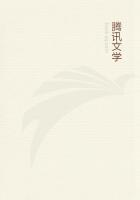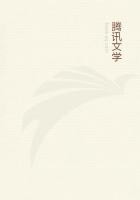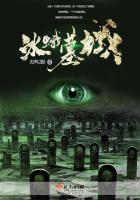In those walks of ours I believe he did most of the talking, and from his talk then and at other times there remains to me an impression of his growing conservatism.I had in fact come into his life when it had spent its impulse towards positive reform, and I was to be witness of its increasing tendency towards the negative sort.He was quite past the storm and stress of his anti-slavery age; with the close of the war which had broken for him all his ideals of inviolable peace, he had reached the age of misgiving.I do not mean that I ever heard him express doubt of what he had helped to do, or regret for what he had done; but I know that he viewed with critical anxiety what other men were doing with the accomplished facts.His anxiety gave a cast of what one may call reluctance from the political situation, and turned him back towards those civic and social defences which he had once seemed willing to abandon.I do not mean that he lost faith in democracy; this faith he constantly then and signally afterwards affirmed; but he certainly had no longer any faith in insubordination as a means of grace.He preached a quite Socratic reverence for law, as law, and I remember that once when I had got back from Canada in the usual disgust for the American custom-house, and spoke lightly of smuggling as not an evil in itself, and perhaps even a right under our vexatious tariff, he would not have it, but held that the illegality of the act made it a moral of fence.This was not the logic that would have justified the attitude of the anti-slavery men towards the fugitive slave act; but it was in accord with Lowell's feeling about John Brown, whom he honored while always condemning his violation of law; and it was in the line of all his later thinking.In this, he wished you to agree with him, or at least he wished to make you; but he did not wish you to be more of his mind than he was himself.In one of those squalid Irish neighborhoods I confessed a grudge (a mean and cruel grudge, I now think it) for the increasing presence of that race among us, but this did not please him; and I am sure that whatever misgiving he had as to the future of America, he would not have had it less than it had been the refuge and opportunity of the poor of any race or color.Yet he would not have had it this alone.
同类推荐
热门推荐
韩非子(中华国学经典)
《韩非子》是先秦法家集大成之杰作,是我国古代政治学方面的名著,在古代哲学、文学史上也享有盛誉。它和先秦诸子百家如道家、儒家、墨家、兵家、名家、阴阳家等学派的著作交相辉映,共同编织了灿烂夺目的中国古代优秀传统文化彩虹。农村科学养殖常识——藏獒
农家书屋是为满足农民文化需要,在行政村建立的、农民自己管理的、能提供农民实用的书报刊和音像电子产品阅读视听条件的公益性文化服务设施。每一个农家书屋原则上可供借阅的实用图书不少于1000册,报刊不少于30种,电子音像制品不少于100种(张),具备条件的地区,可增加一定比例的网络图书、网络报纸、网络期刊等出版物。这套图书为农家书屋必备书系—农村科学养殖常识篇。重生不想做名媛
有着幸福家庭的陈羽嫣因为一场车祸让她穿越了,但她发现自己并非穿越其他年代,而是穿越了一个比自己小几岁的未婚女子身上并住进了上海富豪司徒家大宅里。身在千里之外的她想尽了办法也要回家和孩子丈夫团聚,但回家后却发现自己(陈羽嫣)并没有死,还误认任紫萱是自己丈夫公司副总经理的女朋友,并热情招待。看着自己苦心经营的幸福小家庭,她实在不忍心破坏,只好跟着司徒家两兄弟回上海查探自己(任紫萱)的真实身份。放下了过去,让她重新接受了第二段爱,因为爱却让她发现自己原来是未婚夫司徒俊仁用来争夺司徒家产的一个棋子而已。爱情一次次的重挫,让她体无完肤,她还会相信爱吗?而一直深爱着她的司徒皓阳又如何安抚她这颗碎裂的心呢?

